| | | | | | | Presented By Equinor | | | | Axios World | | By Dave Lawler ·May 06, 2021 | | Welcome back to Axios World. - Tonight's edition (1,819 words, 6½ minutes) starts in the Channel Islands, visits Vienna and winds up in Mexico City.
- We're trying out a new feature today. Scroll down to the bonus item to check it out, and hit reply to let me know what you think.
New arrival? Sign up, and tell a friend. | | | | | | 1 big thing: Weird, wild times in post-Brexit Britain | 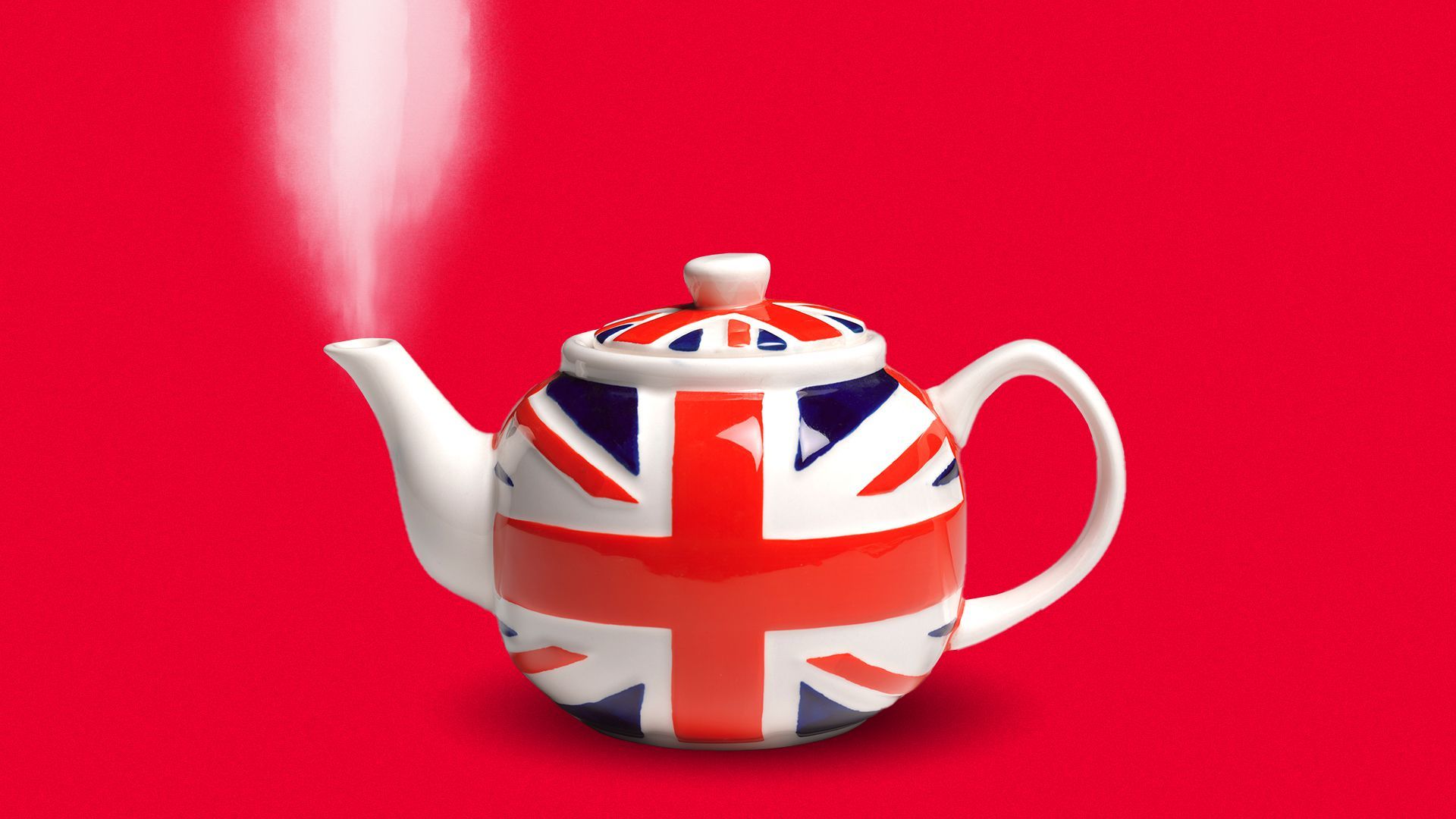 | | | Illustration: Annelise Capossela/Axios | | | | British naval vessels dispatched to break a French blockade, Scottish nationalists attempting to break away from the U.K., and working class voters in the northeast breaking for the Conservatives after voting Labour for six decades. Why it matters: That was just one day in the topsy turvy reality of post-Brexit Britain. - Driving the news: Today was the U.K.'s first major election day since 2019, with ballots cast for the Scottish and Welsh parliaments and local governments across England.
Polls have just closed in what Scottish First Minister Nicola Sturgeon has called the "most important election in our lifetime." - Sturgeon's Scottish National Party is certain to win, but an outright majority would strengthen her calls for a re-run of the 2014 independence referendum, in which Scots voted 55% to 45% to stay within the U.K.
- Sentiment has shifted since the 2016 Brexit vote, which Scots overwhelmingly opposed. The latest polls suggest a new referendum would be a close run affair, with the pro-independence camp promising a return to the EU if successful.
- What to watch: Prime Minister Boris Johnson has vowed to block a second referendum, but if Sturgeon does win a majority, he may feel the need to change his answer from "never" to "not now," James Johnson, a former Downing Street pollster, tells Axios.
80 miles south of the Scottish border, in Hartlepool, Johnson's Conservatives are poised to pick up a seat that has been held by Labour since 1964. - A brick in the "red wall" of Labour's northern heartlands, Hartlepool voted for Brexit by a 70% to 30% margin.
- Johnson re-drew Britain's political map by picking up dozens of such seats in the 2019 "Brexit election." But losing Hartlepool in his first major electoral test would be a painful blow for new Labour leader Keir Starmer.
- The Conservatives' strong position coming into the election indicates "this realignment, the Boris effect, is really about something much deeper than Brexit," says Johnson, the pollster. "It's about a values divide," with Labour now seen as the metropolitan party.
- The big picture: Boris Johnson has bounced from crisis to crisis over the past year, but by sprinting ahead of the EU on vaccinations, the prime minister bolstered his own popularity and the Brexit cause.
The Brexit aftermath has been less kind to Arlene Foster, who resigned last week as First Minister of Northern Ireland. - Her Democratic Unionist Party backed Brexit but felt betrayed when Johnson struck a deal that put a customs border between Northern Ireland and the rest of the U.K.
- Brexit is among the factors driving up tensions in Northern Ireland, with violent scenes from Belfast last month evoking the Troubles era.
One scene few would have predicted is a confrontation in the English Channel between two stalwart allies. - How it happened: French fishermen protesting post-Brexit limitations on their access to the waters around Jersey blocked the island's main port this morning.
- London then dispatched two naval vessels to Jersey, a U.K. territory. The French government, which had threatened to cut power to the island over what it sees as illegal fishing restrictions, responded with two patrol boats of its own.
Between the lines: Fishing rights took on a major symbolic status during the Brexit fight. Johnson has also long vowed that post-Brexit Britain would flex its muscles internationally. - But while the Daily Mail tabloid declared, "WE'RE READY FOR WAR," it didn't come to that today.
- By evening, the boats had all retreated.
|     | | | | | | 2. State of the outbreak: Biden's patents bombshell |  | | | Illustration: Rae Cook/Axios | | | | The Biden administration surprised the world last night by coming out in favor of waiving patents for coronavirus vaccines — but Europe is divided on the issue. What they're saying: European Commission President Ursula von der Leyen said Brussels would be willing to discuss it, French President Emmanuel Macron said he backed the U.S. position, but a German government spokesman said the proposal would cause "severe complications" for vaccine production. - Some European officials also took swipes at the U.S. for coming to the vaccine equity table late, after declining to export any vaccines at all until recently.
- At least 80 countries, led by India and South Africa, have called for vaccine IP to be waived, while rich countries and pharmaceutical companies had generally opposed the move.
The state of play: This issue is heading to the World Trade Organization and will likely take months to resolve. It would then take at least several months more for facilities in the developing world to start pumping out vaccines. - Even then, most of the bottlenecks that are currently slowing global production — shortages of ingredients or vials, for example — will still exist, and the logistics of bringing new facilities online will be complicated.
- Still, waiving the patents could allow producers in countries like Bangladesh and South Africa to start producing doses, potentially increasing the supply to developing countries in the medium term.
In other news... - The COVAX initiative announced today that it purchased 350 million doses of the Novavax vaccine for delivery beginning in Q3, pending regulatory approval. The U.S. could also begin sharing doses of the American-made vaccine once it's approved.
- German firm CureVac will soon release trial data for its RNA vaccine, which — unlike Pfizer and Moderna — can be kept at normal refrigerated temperatures. That could make it a genuine game-changer.
- Canada authorized the Pfizer/BioNTech vaccine for children as young as 12. The U.S. is likely to follow suit as early as next week.
Go deeper: U.S. could fill "vaccine diplomacy" void as other powers struggle |     | | | | | | 3. Data du jour: Tracing the pandemic's true toll |  Data: IHME; Chart: Will Chase/Axios There have been twice as many deaths from COVID-19 around the world as have been reported, according to the University of Washington's Institute for Health Metrics and Evaluation (IHME), which analyzed excess mortality and other factors. The big picture: The U.S. has undercounted by over 300,000 deaths, while the death tolls in India and Mexico — second and third on the list, respectively — are nearly three times the official numbers, according to the analysis. "Many deaths from COVID-19 go unreported because countries only report deaths that occur in hospitals or in patients with a confirmed infection. In many places, weak health reporting systems and low access to health care magnify this challenge," the report notes. - In Russia, which has used unusually strict criteria for attributing deaths to COVID-19, the IHME estimate is five times the official number.
- In Egypt, there have been nearly 13 deaths for every one that's recorded, per the report.
|     | | | | | | A message from Equinor | | How one company is helping speed up the energy transition | | | 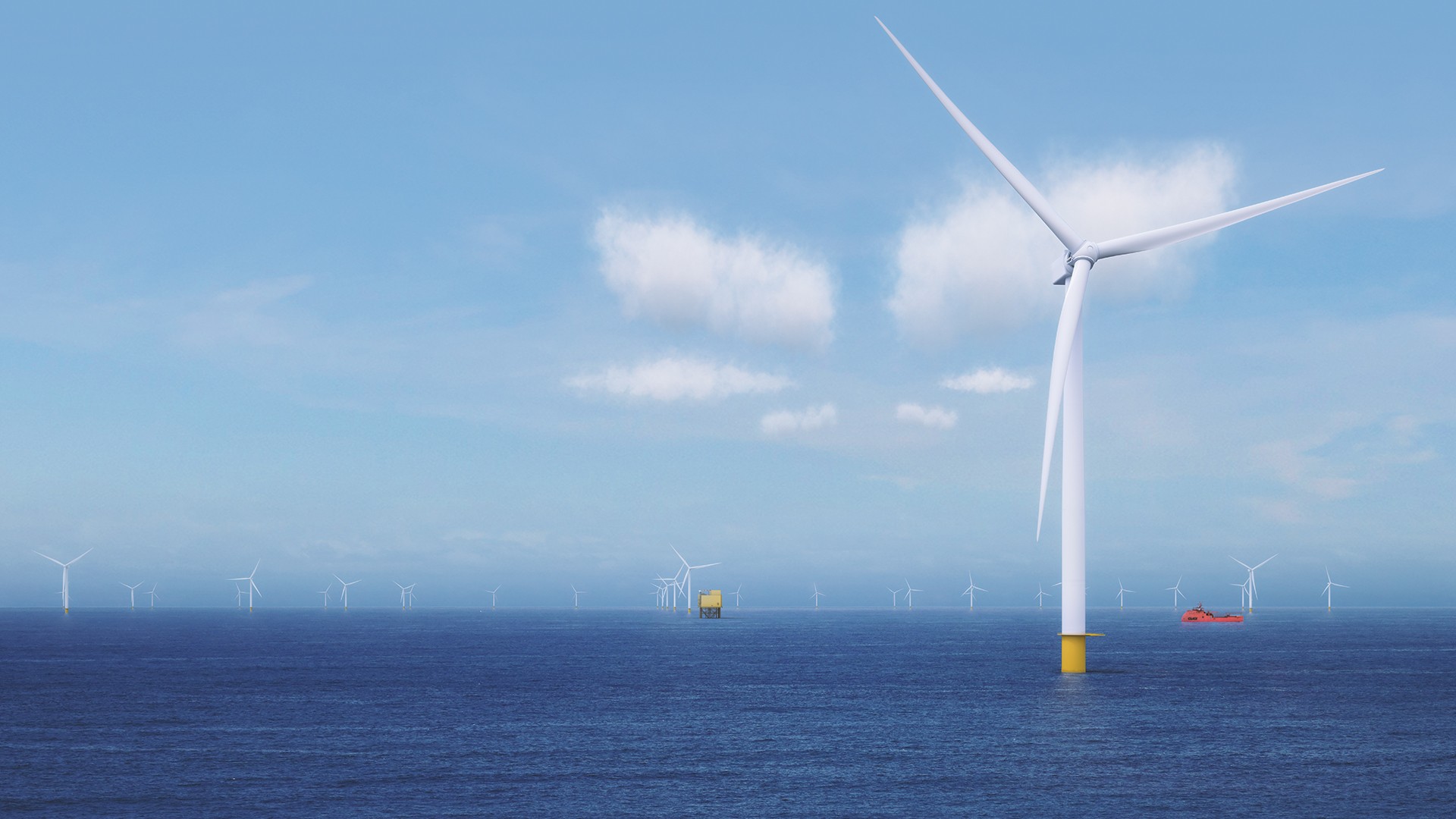 | | | | Equinor plans to power more than 1,000,000 homes in New York with homegrown, renewable energy. Why it's important: With a net-zero target for 2050, Equinor is pursuing the development of offshore wind projects in the U.S. and becoming a leader in the country's growing offshore wind industry. | | | | | | 4. U.S. and Iran still far apart as nuclear talks hit critical stage | 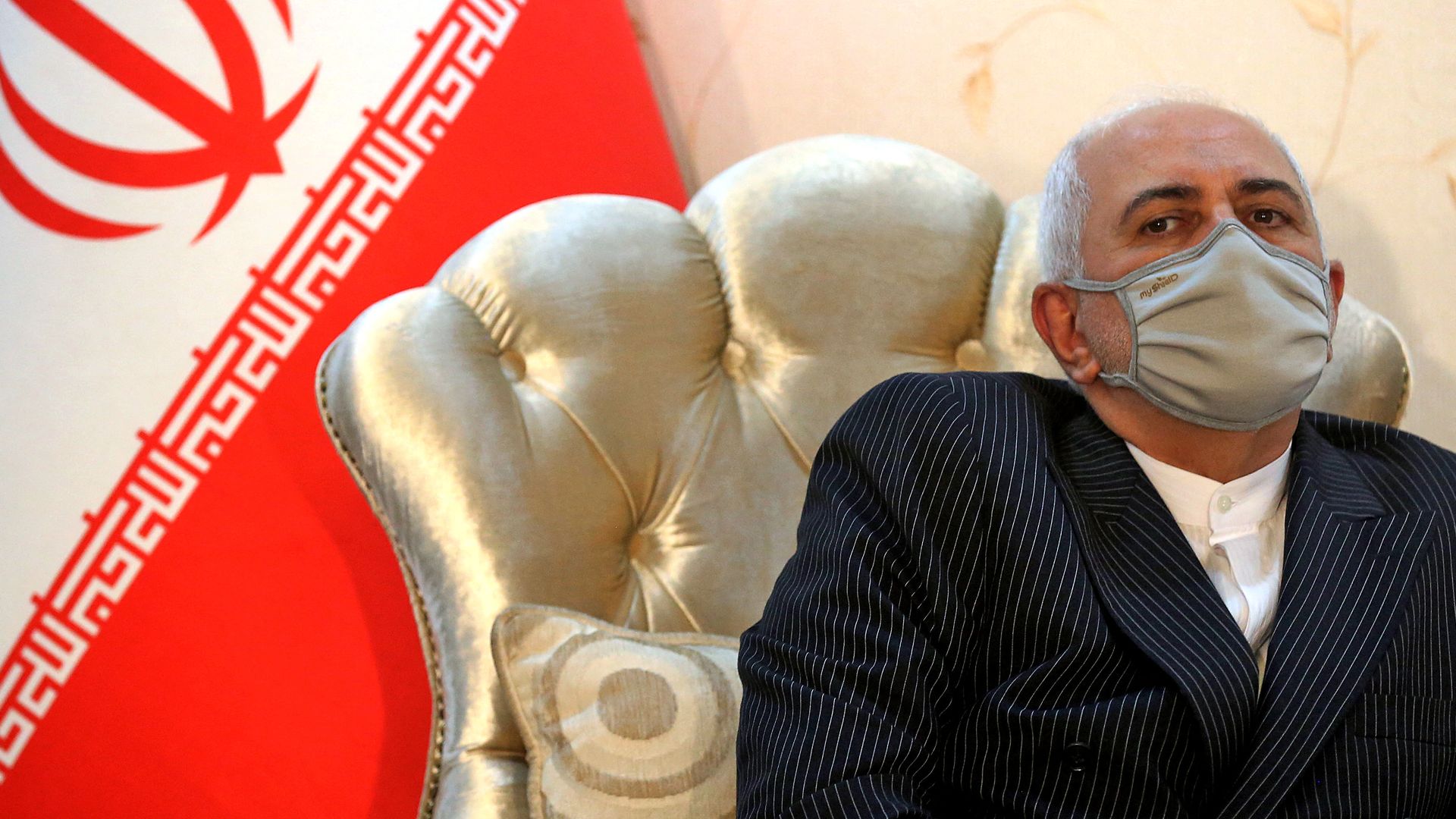 | | | Iranian foreign minister Javad Zarif. Photo: Ahmad Al-Rubaye/AFP via Getty | | | | Heading into a new round of nuclear talks tomorrow in Vienna, there are still big gaps between the U.S. and Iranian positions, Axios' Barak Ravid and I report. Why it matters: The talks are at a critical stage as key deadlines approach, after which a deal could be much harder to reach. A senior State Department official told reporters today that an agreement could be reached within a few weeks, but only if the Iranians change their tune. The state of play: As Barak reported on Wednesday, one key gap is over the nuclear capabilities Iran would retain after returning to the deal — in particular what will happen to Iran's new advanced centrifuges. - The senior official said Iran's nuclear requirements were clear under the terms of the 2015 deal, but confirmed that the Iranians were seeking less severe restrictions.
- The Iranians are also making "unrealistic demands" in terms of the sanctions they expect the U.S. to lift, the official said.
- Then there's the unresolved question of how to sequence the U.S. and Iranian steps.
Still, the official said the negotiations are "not rocket science" and a deal could be reached before Iran's June 18 presidential elections, so long as the Iranians accept that the aim is "not reinventing the JCPOA, but complying with it." - The official also said the Biden administration is preparing for the possibility that the talks will break down without any deal and will "do everything it can to make sure Iran does not acquire nuclear weapons."
What to watch: On May 20, a temporary deal that allows the International Atomic Energy Agency to monitor some Iranian nuclear sites is due to expire. - That could severely diminish the international community's visibility into Iran's nuclear program and further complicate the path to a deal.
|     | | | | | | Bonus: Where in the World? | 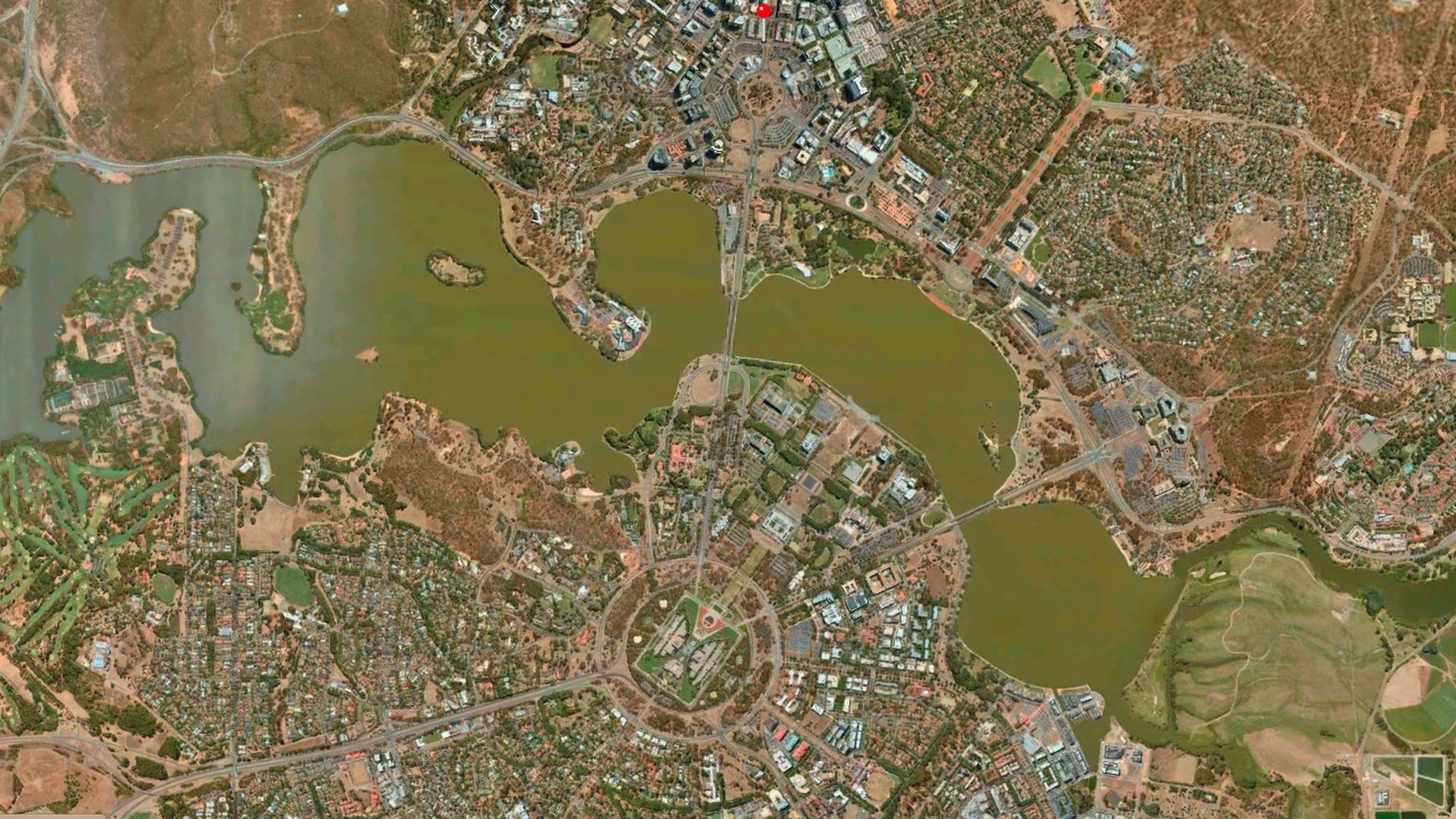 | | | Screengrab via Apple Maps. | | | | We're trying out a game here at Axios World: I show you a picture of a city (in this case from the sky), and you guess where in the world it is. Scroll to the bottom of the newsletter for the answer. - Hint: A capital city in the Southern Hemisphere with fewer than 1 million residents.
Thanks to two friends of this newsletter, Kody Kight and Neal Rothschild, for coming up with the idea. |     | | | | | | 5. Israel: Lapid and Bennett close in on deal to oust Netanyahu | 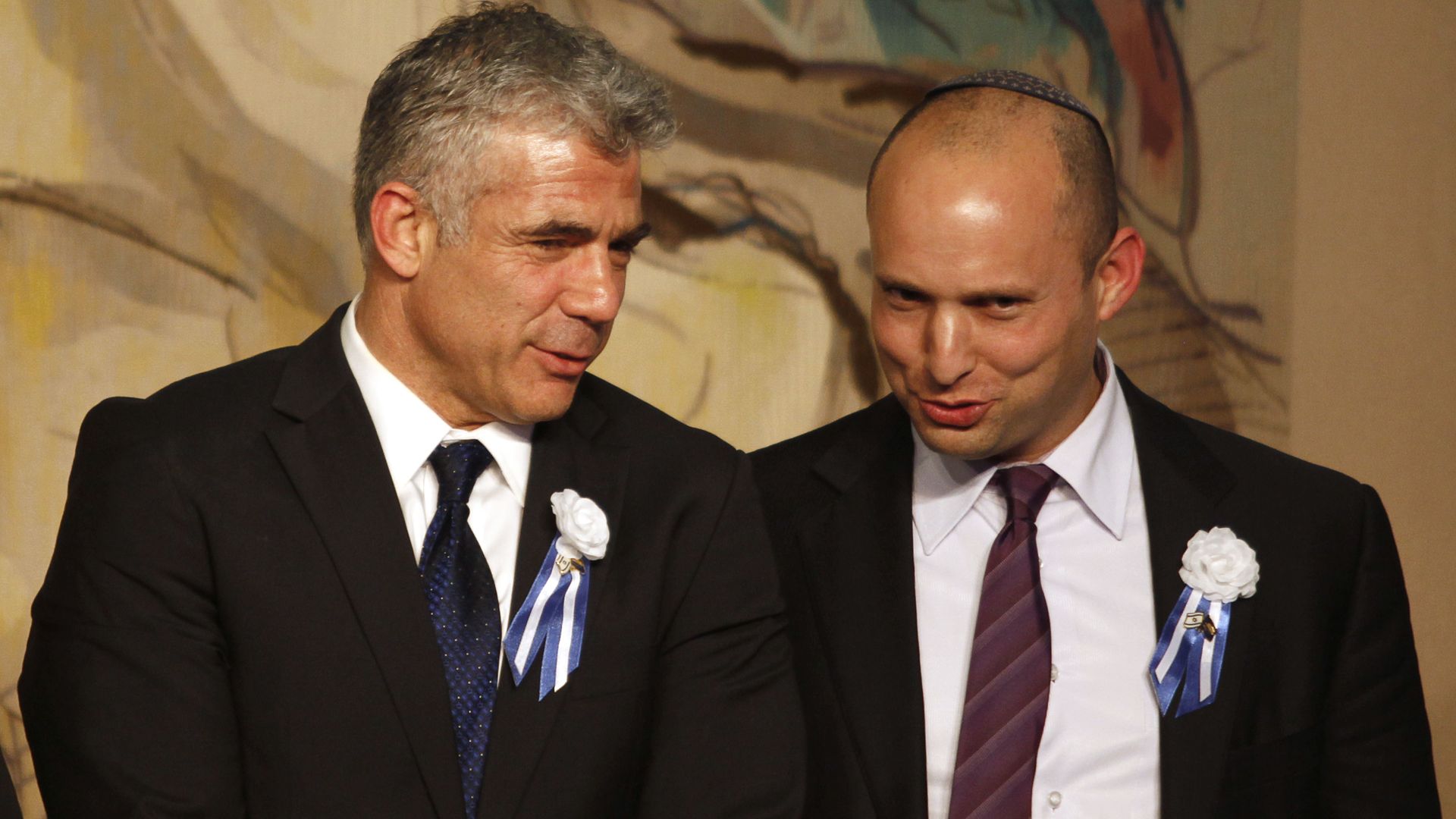 | | | Lapid (L) and Bennett in 2014. Photo: Gali Tibbon/AFP via Getty | | | | Yair Lapid and Naftali Bennett — Israel's centrist opposition leader and right-wing kingmaker, respectively — resumed negotiations today and hope to finalize plans to form a government by the end of the week, Axios' Barak Ravid reports. Yes, but: Prime Minister Benjamin Netanyahu is working furiously to sabotage their efforts, mainly by pressuring members of Bennett's Yamina party to oppose any deal with Lapid's center-left bloc. - One Yamina MP already came out against such a deal, and Lapid and Bennett can't afford more defections.
The state of play: Netanyahu had four weeks to form a government but failed to do so, allowing the mandate to pass to Lapid on Wednesday. - Lapid can't reach a majority without Bennett, so they've agreed on the outlines of a power-sharing deal in which the conservative former tech entrepreneur would serve as prime minister for two years before Lapid rotates into the job.
- My thought bubble: It would be a bit like Donald Trump being ousted in favor of Ted Cruz, all as part of a deal with Joe Biden.
What to watch: Israel's longest-serving prime minister could soon be both out of a job and on trial for corruption. But if Lapid and Bennett can't finalize a deal, Israel will likely head for a fifth consecutive election — with Netanyahu remaining in his post. |     | | | | | | 6. Coming attractions: Harris meets AMLO | 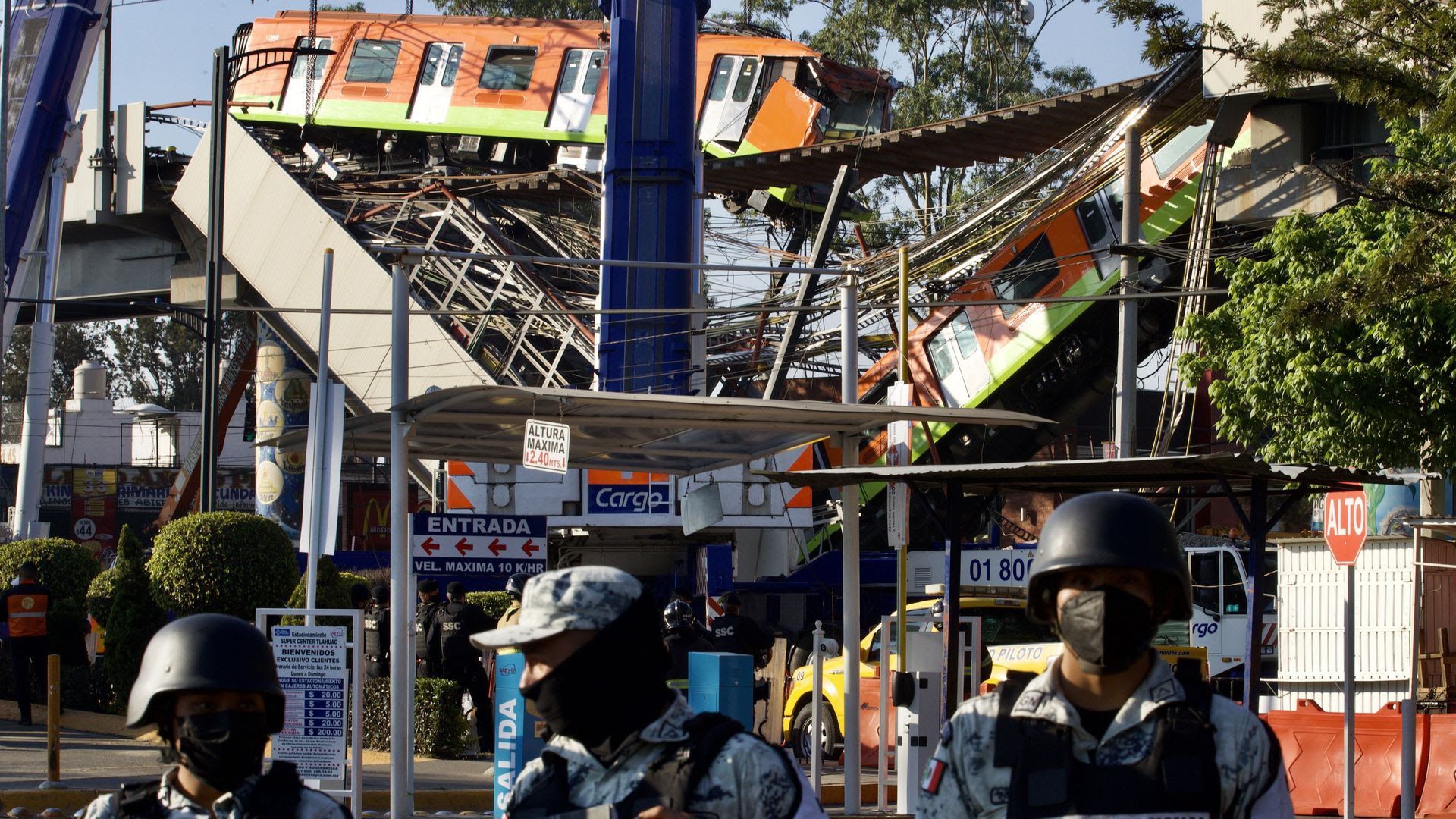 | | | Three Mexico national guardsmen stand in front of the metro overpass that collapsed onto a busy highway. Photo: Julián Lopez/ Eyepix Group/Barcroft Media via Getty Images | | | | Joint efforts on immigration will be top of the agenda when U.S. Vice President Kamala Harris and Mexican President Andrés Manuel López Obrador meet virtually tomorrow, but the Biden administration is signaling a willingness to collaborate on other issues as well, my Axios Latino colleagues report. The big picture: U.S. governments have consistently asked their southern neighbor to prevent immigrants from reaching the U.S. border, mostly through threats like former President Trump's talk of tariffs. - But there are a range of other issues important to both countries. Mexico, for example, would like the U.S. to do more to stop gun trafficking.
What to watch: The Biden administration is also pressing an anti-corruption campaign in the region, and corruption is a heated topic in Mexico. - An elevated section of the capital's newest subway line collapsed on Monday, killing at least 25 and leaving 50 more hospitalized. At least 9 are still missing.
Driving the news: The Number 12 Line had been plagued by issues since its inception. - The railways and cars were bought separately and did not initially fit together properly, so any movement created excessive wear.
- A handful of officials were sent to prison under fraud allegations for their handling of the contracts.
The bottom line: The Mexican government has promised an independent investigation of the collapse, and the White House has offered assistance in rebuilding. Subscribe to the weekly Axios Latino newsletter. |     | | | | | | 7. Stories we're watching | 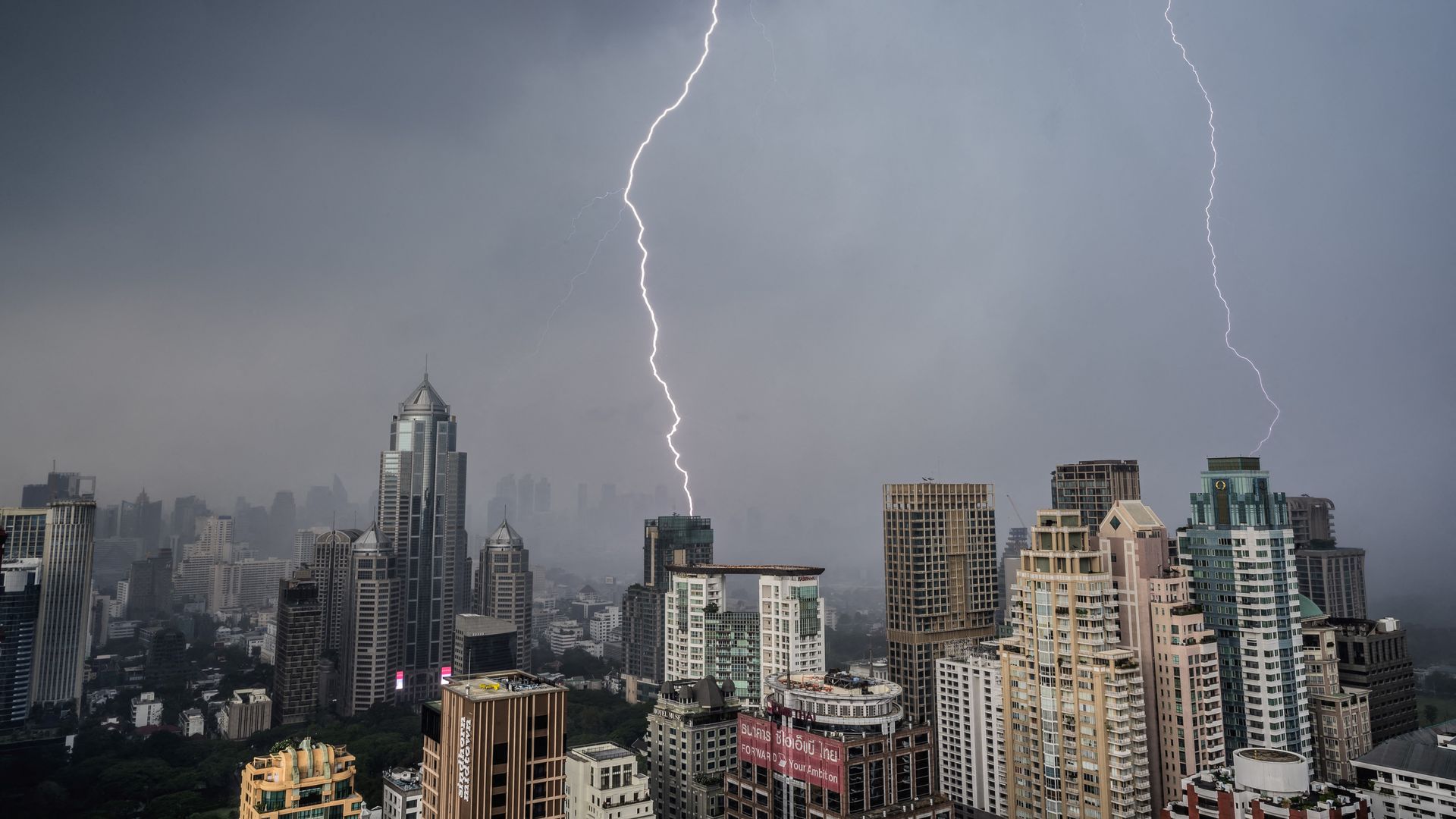 | | | Lightning strikes Bangkok. Photo: Mladen Antonov/AFP via Getty | | | - Violent protests in Colombia leave at least 24 dead
- Jordan's royal feud isn't over
- Kushner founds think tank
- India sets new COVID record
- Indian foreign minister's G7 COVID exposure
- Femicide in spotlight in Latin America
- Tracking Antarctic ice melt
Quoted: "We should be able to avoid a new border war." — Aurélie Welonek, the mayor of a French village on the border with Belgium, joking about the news that a farmer had moved a stone that was blocking his tractor — and effectively enlarged Belgium by several feet. |     | | | | | | A message from Equinor | | Equinor aims to accelerate the energy transition | | | 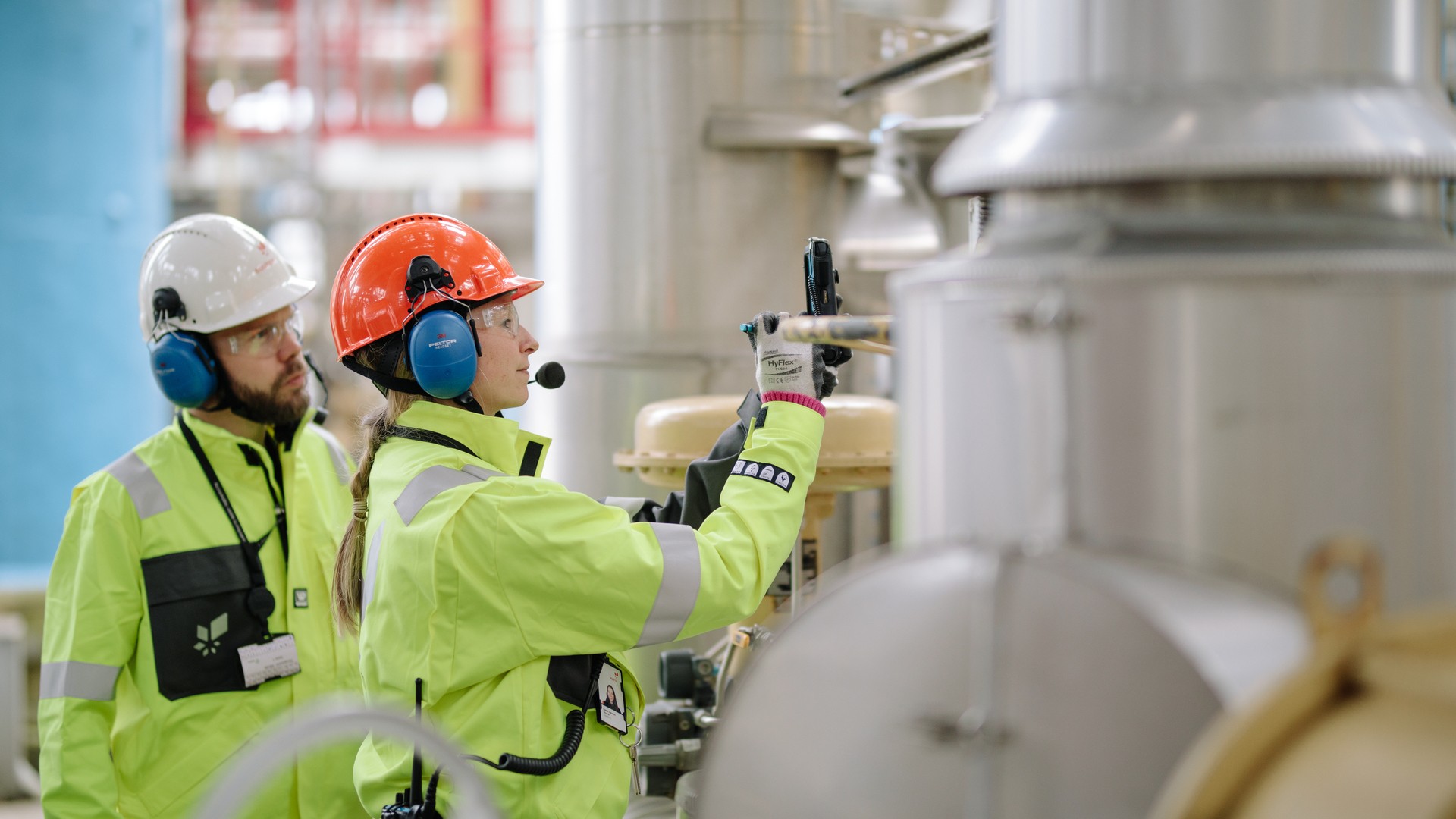 | | | | The world needs energy — but it must be affordable, reliable, and accessible. What Equinor is doing: Growing their portfolio in renewable energy and cutting emissions. They're also planning to power over 1,000,000 homes in New York with renewable energy. More about Equinor. | | | | Answer: Canberra, Australia. Thanks for playing! Let me know what you think of our new game. | | | | Axios thanks our partners for supporting our newsletters.
Sponsorship has no influence on editorial content. Axios, 3100 Clarendon Blvd, Suite 1300, Arlington VA 22201 | | | You received this email because you signed up for newsletters from Axios.
Change your preferences or unsubscribe here. | | | Was this email forwarded to you?
Sign up now to get Axios in your inbox. | | | | Follow Axios on social media:    | | | | | |
Post a Comment
0Comments